
“We are done here,” said an exasperated Abdurrehman as he threw his cards on the table. The tailor had been losing to Kashif, a former tattoo artist happily consuming his winnings – cups of sugary tea.
The stakes weren’t high in this game of “51 cards”, but Abdurrehman had been in a foul mood ever since he woke up to the sound of gunfire and sirens on the night of July 15. “This game was supposed to be an escape, but there is no escape from losing to Kashif,” lamented the tailor.
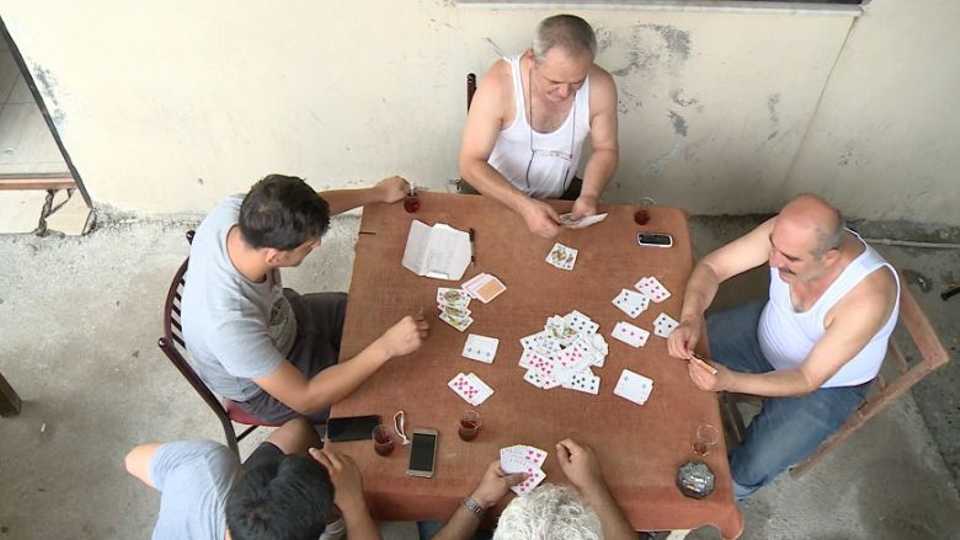
It had been five days since a failed coup attempt shook Turkey, the reverberations of which had reached Incirlik air base only metres away from where Abdurrehman and his friends were playing cards.
Incirlik air base was set up by the US army’s engineering corps in 1952, when Turkey joined NATO (North Atlantic Treaty Organisation), as a forward operating facility against the Soviets.
It’s where NATO’s largest nuclear arsenal, 50 B-61 hydrogen bombs were stored deep inside the belly of the base. Bombs were locked away in underground vaults with special access codes known only to a few people at western capitals in North America and Western Europe.
By the end of the cold war, Incirlik and its nuclear stockpiles had become a symbol of a bygone era. And as the base lost wartime status, businesses around the military facility began to die.
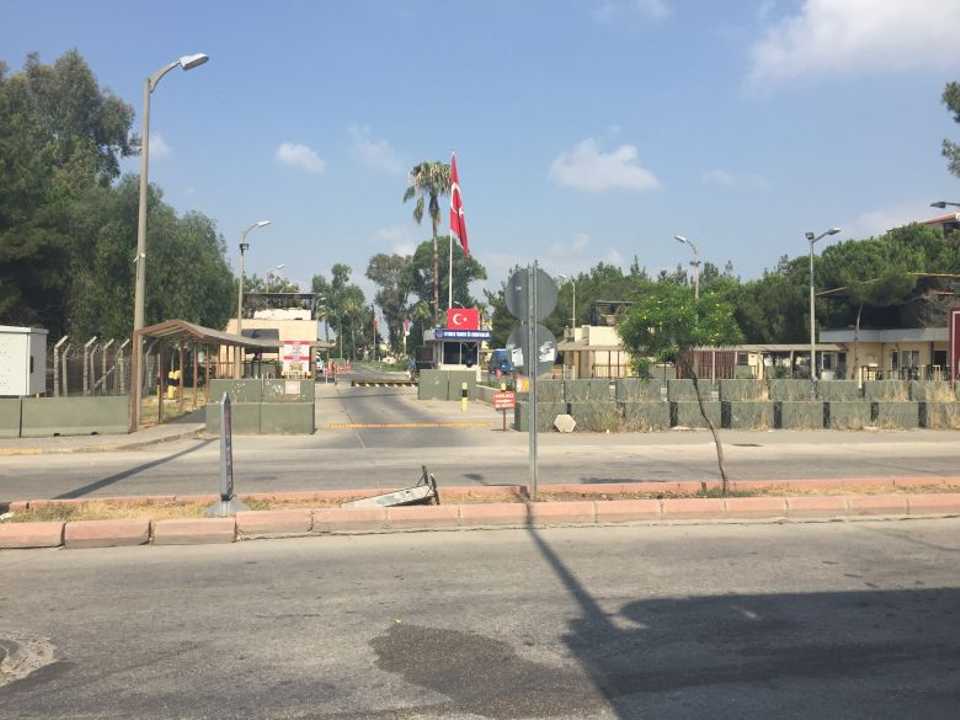
All this changed in July 2015, when Turkey opened the base to the US military’s 39 Air Base Wing Command. It was to be at the forefront of international anti-DAESH operations in Syria.
Access to Incirlik cut down flight time for US drones and fighter jets by half and allowed aircraft to stay in the air longer and chase DAESH targets closely.
The sudden spike in activity in the area encouraged businesses to open their doors once again, in the hopes of benefiting from the arrival of US servicemen and their families. The businesses, including tattoo and piercing shops, massage services and tailoring shops were meant to cater to the Americans.
Yet “within a few months of their arrival, the Americans were ordered not to leave the facility,” said Ahmet Akyakar. He was one of several disgruntled shop owners who had hoped for a US windfall to build their fortunes on.
A year later, Ahmet was on the sidelines of a card game being played by frustrated shopkeepers like Abdurrehman and out-of-work tattoo artists like Kashif.
“Now after this coup plot there is no chance the Americans will ever be allowed outside the base again,” said a frustrated Ahmet.
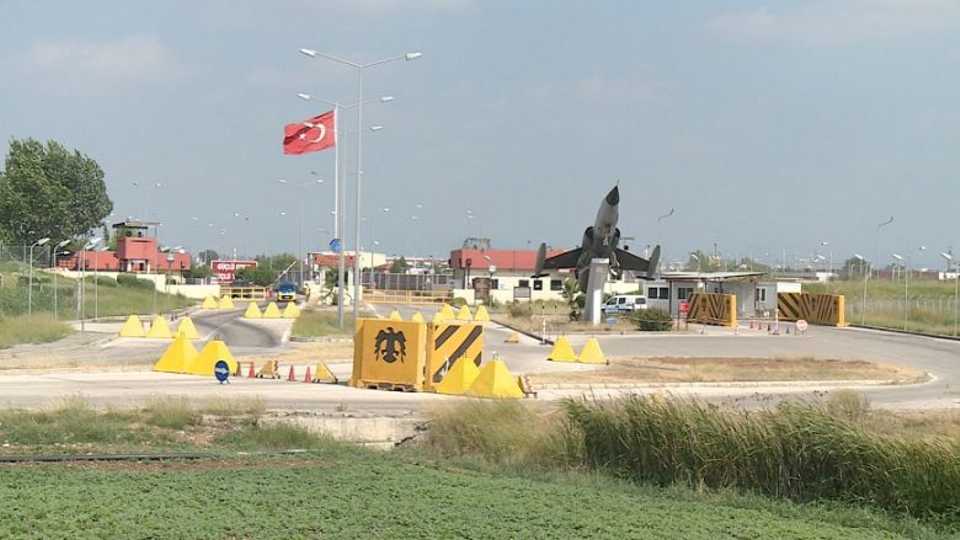
The failed mutiny
At 4pm on Friday, July 15, the Turkish military command started to receive intelligence reports of a coup within its ranks.
Mutinies were being reported in the air force as well as the army and the special forces. “Thousands of soldiers,” read one report. A statement by the Turkish armed forces later revealed an extensive plot involving mutinying soldiers. “Relevant offices have been alerted and counter-measure orders have been submitted after receiving intelligence that the coup was under way.”
Soon tanks and armed vehicles had blocked access to the Bosphorus Bridge and state television channels had been overrun by mutinying soldiers.
Rebel jets had taken to the skies in Istanbul and Ankara and had targeted the Presidential compound. Rebel jets had also intercepted President Recep Tayyip Erdogan’s plane but decided not to attack.
In an unusual move, Erdogan used FaceTime, an app, to call for pro-democracy members of the public to take to the streets and soon millions of people across Turkey were wrestling armed rebel soldiers to the ground.
Within a few hours, it became apparent the coup attempt had failed and the counter-coup had begun.
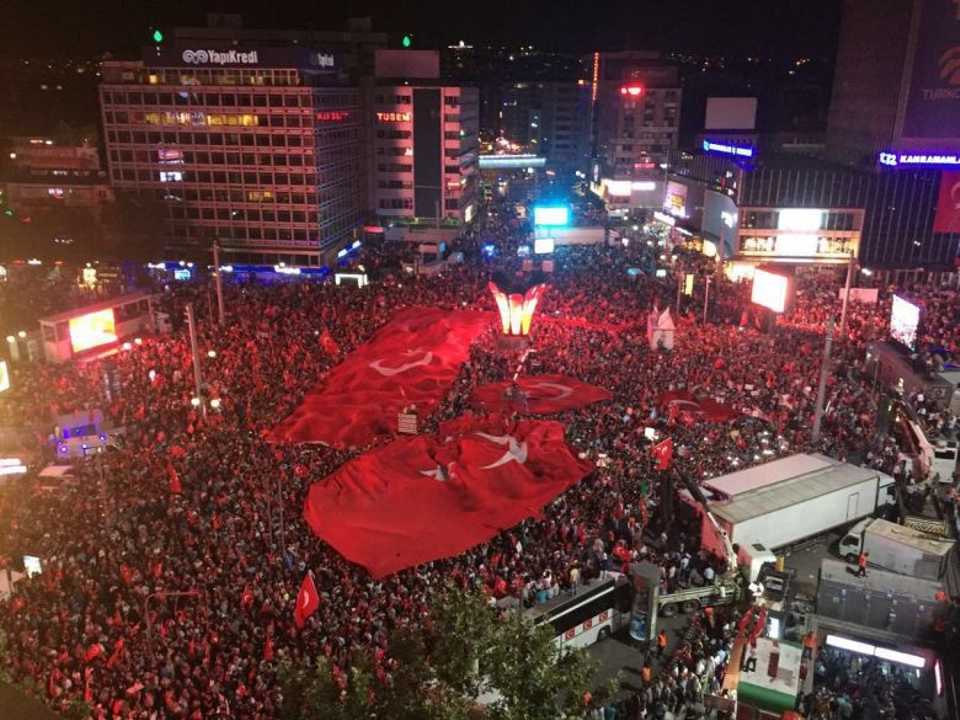
Inside Incirlik
Turkish authorities later revealed two refuelling tanks used by rebel planes had taken off from Incirlik air base in support of the failed coup attempt.
In the hours that followed, General Bekir Ercan Van, the commanding officer at Incirlik, had approached US personnel stationed there to ask for asylum, according to charges made against him in a Turkish court. This asylum request was denied and Turkish authorities detained the general and eight of his subordinates for being complicit in the attempted coup.
The power to Incirlik was cut off and Turkish authorities ordered the Americans to halt anti-DAESH air operations immediately. Tense negotiations soon followed, and operations resumed within 36 hours amid power cuts.
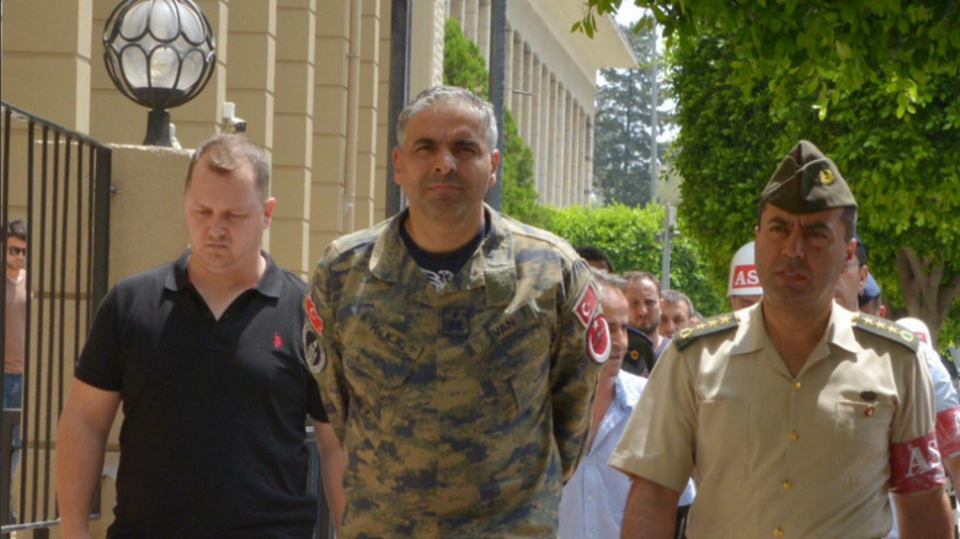
“After close coordination with our Turkish allies, they have reopened their airspace. As a result, the coalition’s counter-ISIL/DAESH air operations at all air bases in Turkey have resumed. US facilities at Incirlik are still operating on internal power sources, but we hope to restore commercial power soon. Base operations have not been affected,” said Pentagon Press Secretary Peter Cook.
The chief prosecutor of Adana – where Incirlik is based – ordered an investigation there and civilian security forces started to conduct search operation to investigate the extent of the plot at the base.
“Opa,” shouted Kashif as he won another round of the game of chance. The tattoo artist was on a roll, at least when it came to playing cards.
Months ago, he decided to give up tattooing and shut down his shop, Rambo’s Tattoo Piercing. He has now found distraction in beating Abdurrehman the tailor and others at 51 cards.
“There has been a coup at Incirlik, but it’s not the one you think. It’s been a coup against our livelihoods and by keeping the Americans away,” said Abdurrehman as he threw the cards on the table and walked away.
Authors: Ali Mustafa & Ahmet Algüvercin










Discussion about this post